🌿 What is Arukam Pul (Cynodon dactylon)?
Arukam Pul, also known as Bermuda Grass or Durva Grass, is a sacred and medicinal herb revered in Ayurveda and traditional Siddha systems. It holds religious significance in Hindu rituals and is widely recognized for its healing properties, especially in urinary health, wound healing, and detoxification.
🌱 Description of Arukam Pul Plant
-
Botanical Name: Cynodon dactylon
-
Family: Poaceae (Grass family)
-
Plant Type: Perennial, fast-spreading grass
-
Height: Grows up to 15–30 cm (6–12 inches)
-
Leaves: Thin, flat, and linear green blades
-
Flowers: Small, purplish-green spikelets in clusters
-
Roots: Shallow-rooted with a network of stolons and rhizomes
🌍 Habitat of Arukam Pul
Arukam Pul is native to Asia, Africa, and the Middle East, and is commonly found in tropical and subtropical regions. It thrives in well-drained, sandy or loamy soils and is often seen in grasslands, roadsides, and open fields across India.
🌟 Medicinal Properties of Arukam Pul
Arukam Pul is valued for its cooling, anti-inflammatory, and diuretic effects:
-
Urinary Tract Health: Acts as a natural diuretic, useful in treating urinary tract infections, kidney stones, and dysuria.
-
Wound Healing: Fresh paste is applied externally for cuts, wounds, and skin infections.
-
Detoxification: Aids in blood purification and removing toxins from the body.
-
Anti-inflammatory: Alleviates inflammation and reduces internal heat.
-
Digestive Aid: Soothes gastric discomfort and acidity.
-
Fever Reduction: Traditionally used to lower body heat and fever.
🧪 Active Compounds in Arukam Pul
-
Flavonoids: Offer antioxidant and anti-inflammatory support
-
Glycosides: Aid in diuretic and detoxifying functions
-
Alkaloids: Support healing and immunity
-
Chlorophyll: Enhances oxygenation and skin healing
🍵 Usage and Dosage
-
Juice: 10–20 ml of fresh grass juice consumed on an empty stomach in the morning for detox and urinary care
-
Powder: 1–2 grams of dried leaf powder mixed with warm water or honey, once or twice daily
-
Paste: Applied externally for wounds, acne, or insect bites
-
Infusion: A mild decoction can be taken to relieve fever and gastric heat
⚠️ Precautions
-
Pregnancy: Best avoided or used only under professional guidance
-
Allergy Test: Topical use should be preceded by a patch test
-
Hygiene: Ensure the grass is cleaned properly before juicing or grinding, as it grows close to the ground and may collect dirt or toxins
🌿 Organic and Ethical Considerations
-
Purity: Use grass harvested from chemical-free areas
-
Sustainability: Cultivate in home gardens or source from reputable organic growers
-
Certifications: Prefer products certified for organic and traditional harvesting methods
Sanskrit: दूर्वा (Durva), हरितद्रवा (Haritadrava)
Hindi: दूब घास (Doob Ghaas)
Tamil: அருகம்புல் (Arukam Pul)
Malayalam: കരുകപ്പുല്ല് (Karukappullu)
Kannada: ಗರ್ವ ಗಿಡ (Garva Gida) / ಹರಳೆ ಹುಲ್ಲು (Harale Hull)
Telugu: గడ్డిచెత్త (Gaddi Chetta) / గద్దిపుల (Gaddi Pula)
Marathi: दुर्वा (Durva)
Gujarati: દુર્ફા ઘાસ (Durva Ghaas)
Bengali: দুর্বাঘাস (Durba Ghaash)
Punjabi: ਦੂਬ ਘਾਹ (Doob Ghaah)
Urdu: دھوب گھاس (Doob Ghaas)
🌾 Nutritional Facts, Info & Dosage
Arukam Pul is a powerhouse of essential nutrients, making it a revered medicinal plant in traditional systems. It contains chlorophyll, proteins, fiber, vitamins A, C, and E, along with minerals like calcium, phosphorus, iron, potassium, and magnesium. The grass is rich in antioxidants, flavonoids, and alkaloids that help fight oxidative stress, support immunity, and detoxify the body. It also contains enzymes and amino acids beneficial for digestion and metabolic health.
Recommended dosage: For internal consumption, 1–2 teaspoons (approx. 3–5 grams) of dried powder mixed with warm water or honey can be taken once or twice daily. For fresh juice, 15–30 ml is generally advised. As with any herbal remedy, it’s best to consult an Ayurvedic practitioner for personalized guidance.
🌿 How to Consume, Use & Store Arukam Pul (Bermuda Grass)
Arukam Pul can be consumed in several traditional forms to harness its full medicinal potential. The most common way is as a fresh juice—blend a handful of clean grass with water and strain it to drink on an empty stomach for liver detox, diabetes control, and immunity support. It can also be dried and powdered, then taken with warm water, milk, or honey—usually 1 to 2 grams daily. In Siddha and Ayurvedic practices, Arukam Pul is used in herbal decoctions or applied as a paste on skin ailments and wounds. For hair and skin, it may be added to herbal oils or face packs. Store fresh grass in a cool, dry place for up to 2 days, or dry it in the shade and store the powder in an airtight container away from moisture and sunlight to preserve its nutrients and potency for several months.
⚠️ Caution, Tips & Harvesting of Arukam Pul (Bermuda Grass)
While Arukam Pul is widely revered in traditional medicine, it’s essential to use it mindfully. Pregnant women and lactating mothers should consult a qualified practitioner before consuming it, as its detoxifying effects may not suit everyone. Individuals with allergies to grass or pollen should perform a patch test before topical use. Overconsumption of fresh juice may cause mild gastric upset or nausea in sensitive individuals. For best results, harvest Arukam Pul early in the morning when the dew has dried, choosing fresh, healthy blades free from chemical exposure. Avoid collecting grass from roadsides or polluted areas. Once harvested, rinse thoroughly, and if drying for powder, spread under shade to retain nutrients. Always use clean tools to avoid contamination and ensure safe consumption.

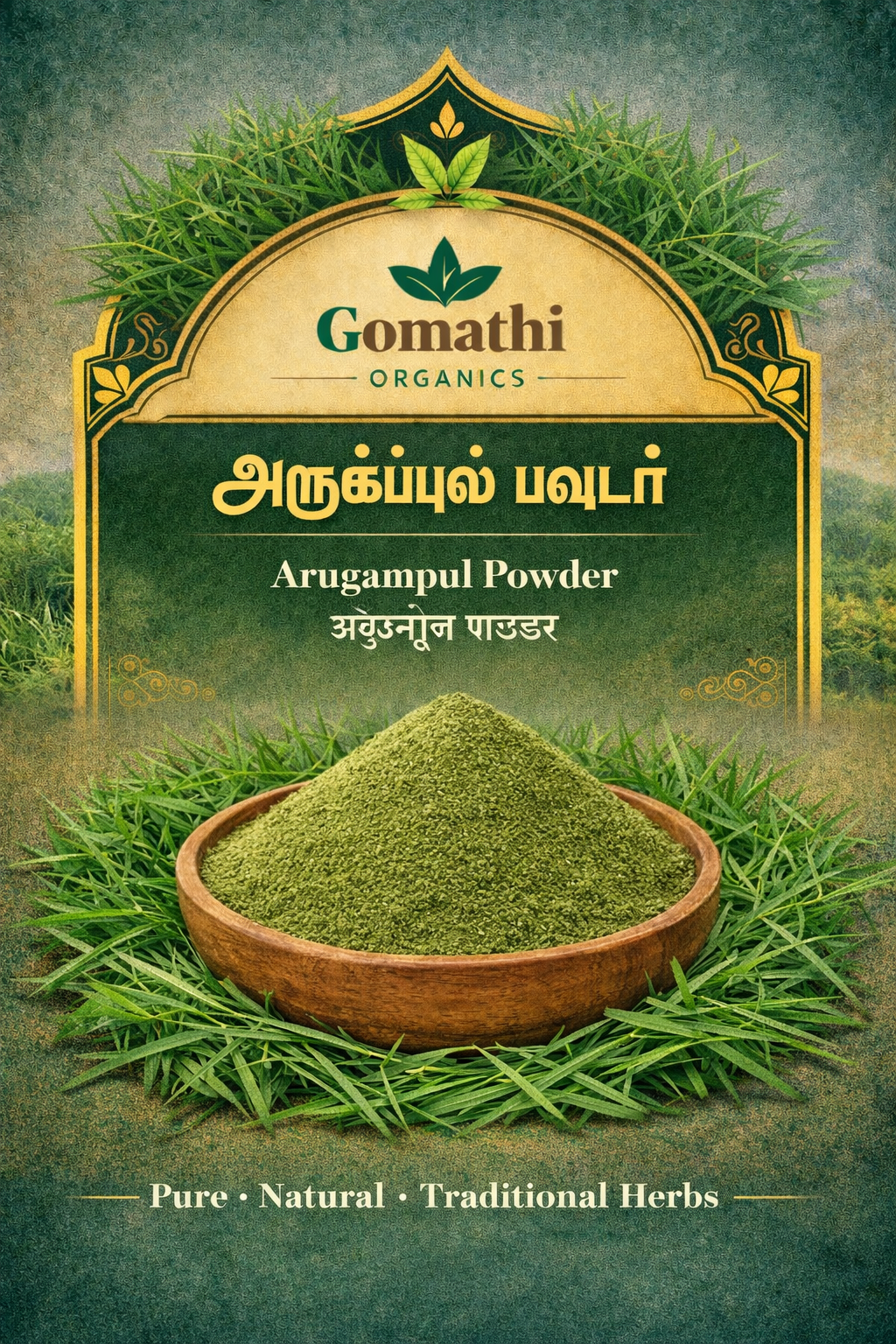
 SCIENTIFICALLY TESTED & COMPLETELY SAFE. SUITABLE FOR VEGETARIANS. NOT TESTED ON ANIMALS/NO ANIMAL INGREDIENTS. NO KNOWN SIDE EFFECTS. COMPLETELY SAFE. NON-TOXIC. FREE FROM HEAVY METALS
SCIENTIFICALLY TESTED & COMPLETELY SAFE. SUITABLE FOR VEGETARIANS. NOT TESTED ON ANIMALS/NO ANIMAL INGREDIENTS. NO KNOWN SIDE EFFECTS. COMPLETELY SAFE. NON-TOXIC. FREE FROM HEAVY METALS 

 The Food and Drug Administration has not evaluated these Statements. This product is classified as an “Herbal Food Supplement” and is not designed to diagnose, treat, cure, or prevent any disease. If you have any underlying health conditions, please consult a healthcare professional before using this product
The Food and Drug Administration has not evaluated these Statements. This product is classified as an “Herbal Food Supplement” and is not designed to diagnose, treat, cure, or prevent any disease. If you have any underlying health conditions, please consult a healthcare professional before using this product 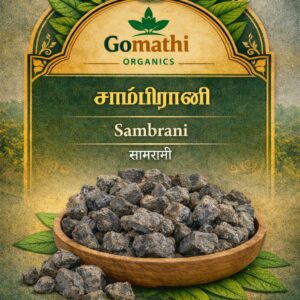
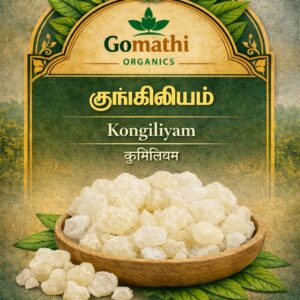
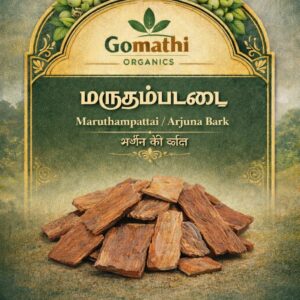
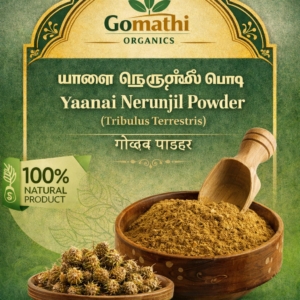
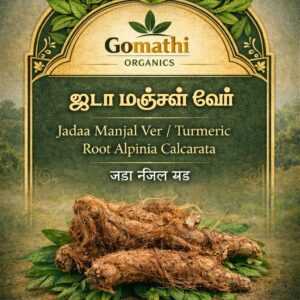
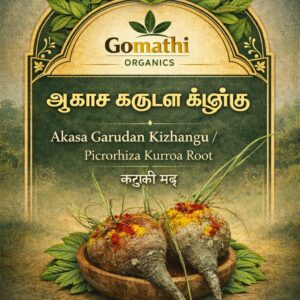
Reviews
There are no reviews yet.